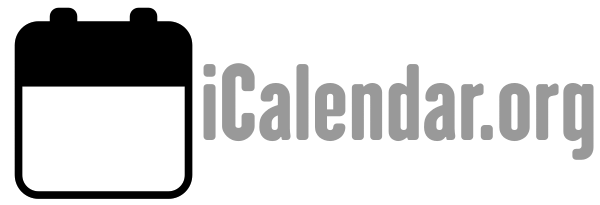In this example, the client requests the server to return free busy information on the calendar collection /bernard/work/, between 9:00 A.M. and 5:00 P.M. EST (2:00 P.M. and 10:00 P.M. UTC) on the January 4, 2006. The server responds, indicating two busy time intervals of one hour, one of which is tentative.
See Appendix B for the calendar data being targeted by this example.
>> Request <<
REPORT /bernard/work/ HTTP/1.1 Host: cal.example.com Depth: 1 Content-Type: application/xml; charset="utf-8" Content-Length: xxxx
>> Response <<
HTTP/1.1 200 OK Date: Sat, 11 Nov 2006 09:32:12 GMT Content-Type: text/calendar Content-Length: xxxx
BEGIN:VCALENDAR VERSION:2.0 PRODID:-//Example Corp.//CalDAV Server//EN BEGIN:VFREEBUSY DTSTAMP:20050125T090000Z DTSTART:20060104T140000Z DTEND:20060105T220000Z FREEBUSY;FBTYPE=BUSY-TENTATIVE:20060104T150000Z/PT1H FREEBUSY:20060104T190000Z/PT1H END:VFREEBUSY END:VCALENDAR
